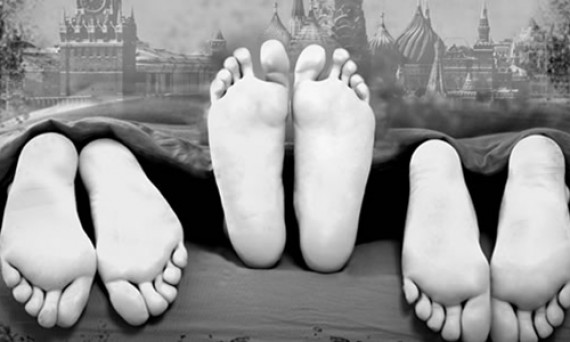In the 1880s and 1890s the “sexual question” began to occupy the Russian intelligentsia. Writers addressed the inequities between the sexes, raising questions about the very nature of love and marriage. These debates intensified in the early twentieth century and revolutionary period. In this talk, I will address two fictional texts which can be viewed as bookends to this discussion: Lev Tolstoy’s “Kreutzer Sonata” (1889) and Abram Room’s “Bed and Sofa” («Третья Мещанская») (1927). Tolstoy’s novella, which calls for the abandonment of marriage in favor of the chaste pursuit of Christ’s ideal, met with resistance from his own family members as well as readers around the world. Room’s film, which depicts the collapse of bourgeois marriage and deals openly with abortion, was equally controversial, banned in much of Europe and the United States. After briefly outlining the response to these two texts, I will focus on the central female figures. While largely silenced in Tolstoy‘s novella, the fictional wife takes on new life in Sofiya Tolstaya‘s countertext, “Whose Fault?” («Чья вина?») (early 1890s). Room’s heroine escapes her “husbands,” leaving them to muddle through their own marriage of sorts. Do these wives experience liberation? If so, what is its nature and extent?
Сара Кловис Бишоп (Williamette University, USA)
Справки по телефону: (812) 386-76-48
